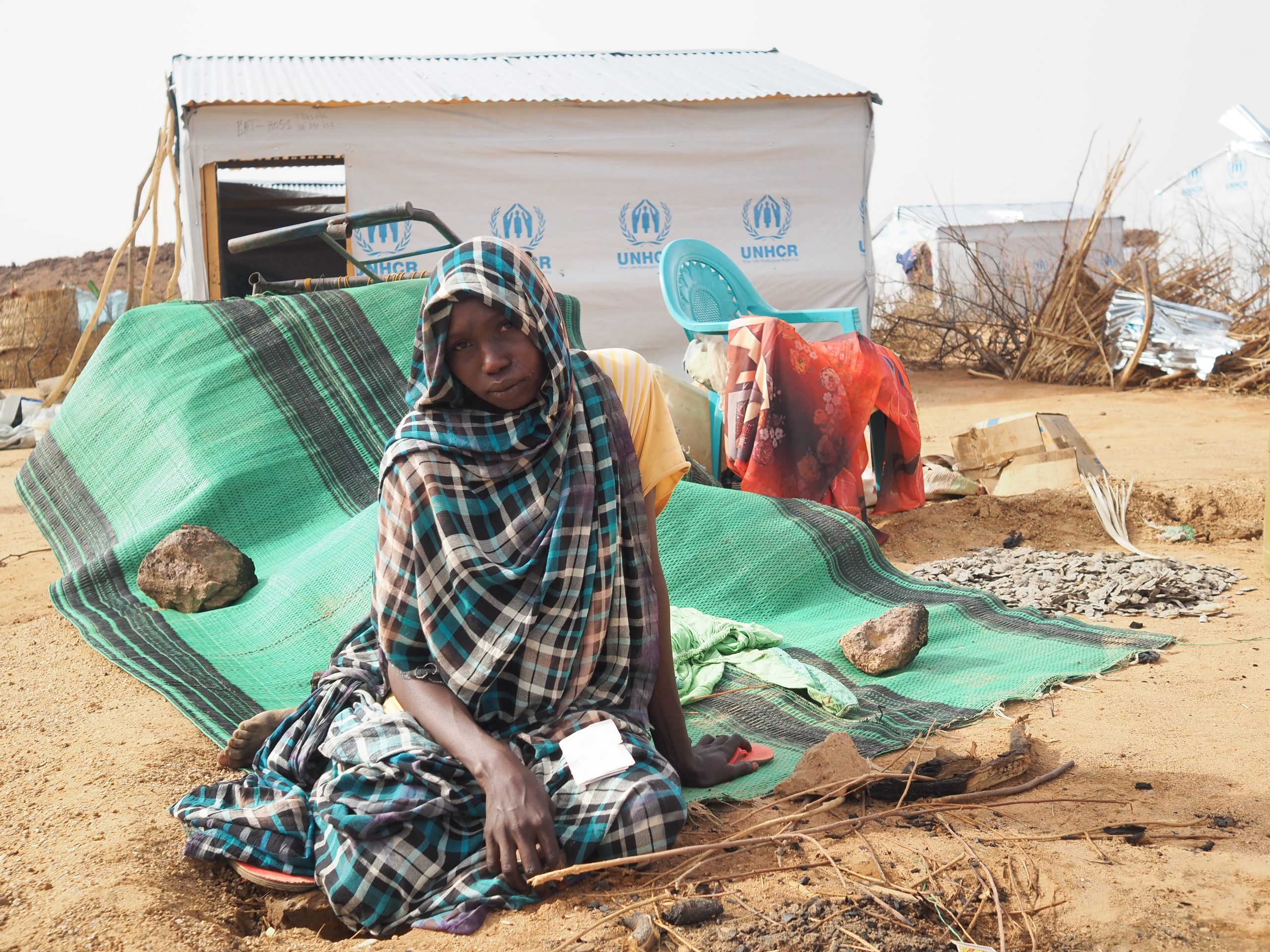The Course responds to the need of increased knowledge and capacity to prevent, reduce and resolve statelessness and to protect stateless persons worldwide. The curriculum of the Course ranges from the adoption of the Statelessness international conventions and development of national legislation to the work with stateless persons in the field. Besides the international legal framework related to nationality, the Course’s sessions analyse the causes and impacts of statelessness, the overview of stateless populations around the world, including stateless children, and the interrelation between statelessness and forced displacement. The training also aims at promoting the use and the implementation of the United Nations High Commissioner for Refugees (UNHCR) Global Action Plan to End Statelessness 2.0 as part of the Global Alliance to End Statelessness and sharing good practices resulting from this Campaign.
The Course is developed primarily to benefit senior and mid-level government officials involved in the formulation and application of legislation and policies affecting stateless persons. Members of the civil society and the academia who could positively influence the safeguard of stateless peoples’ rights and advocate for their protection are also welcomed as participants.
It is important for participants to have a very good knowledge of the language of the Course, in order to be able to consult background materials, attend lessons, and participate in group works and discussions (no simultaneous translation is available).
The Online Course is structured into four weeks, with the objective to provide an in-depth analysis of the subject of the training, including cross-cutting issues.
Weeks are composed of up to three live sessions and self-paced sessions.
The Course strikes a balance between theory and practice and is delivered through a participatory and creative teaching methodology, aimed at facilitating the learning process and implementing the knowledge gained throughout the training. Sessions include lectures, presentations, case studies, group work, audio-visual support, and other activities, which respond to the various learning styles of a diversified audience.
Throughout the training, participants and expert facilitators are able to share best practices and experiences regarding the main topics and issues of the Course.
The Sessions will be delivered by experts working in the field of statelessness, members of academia, or persons with lived experience from around the world.
